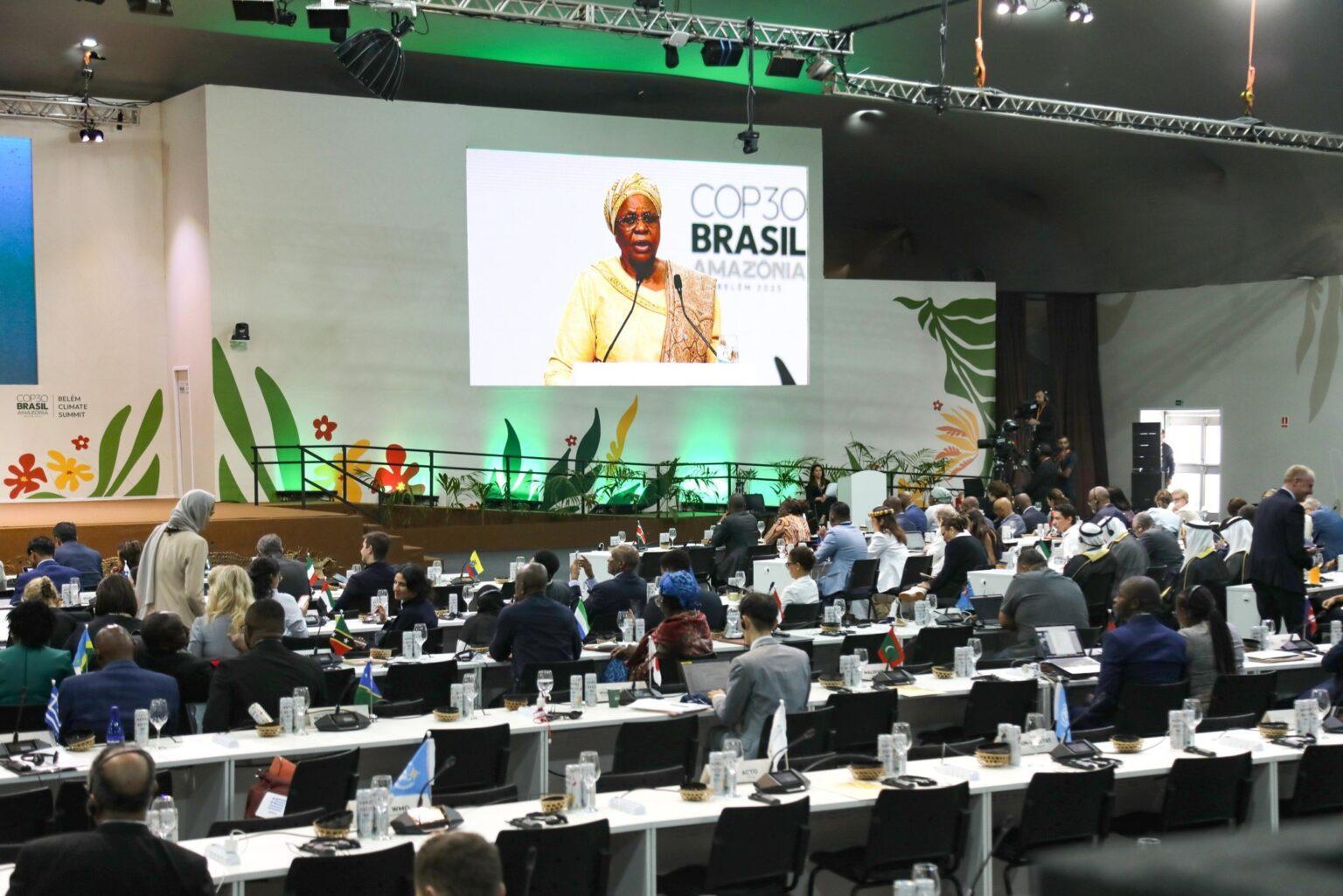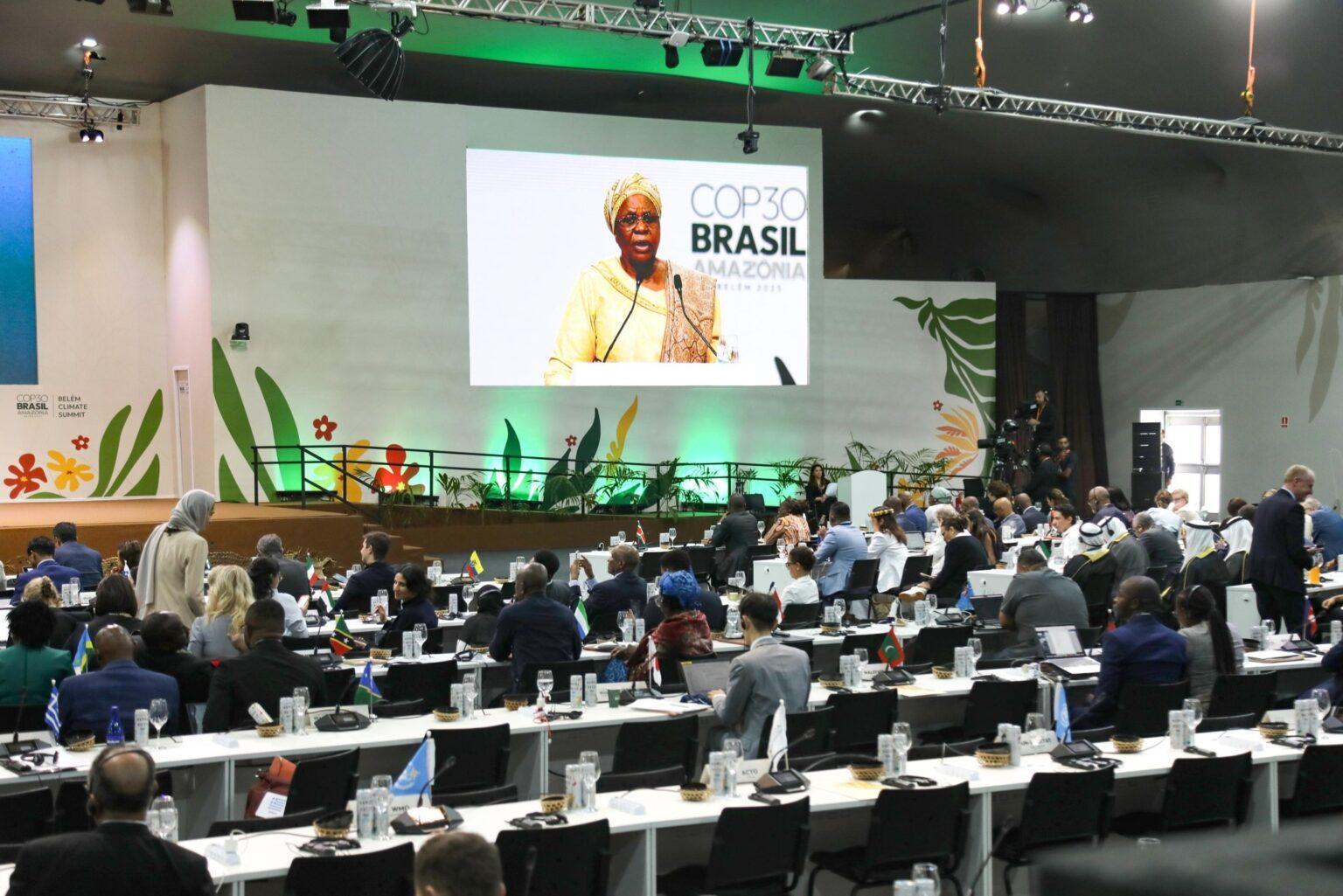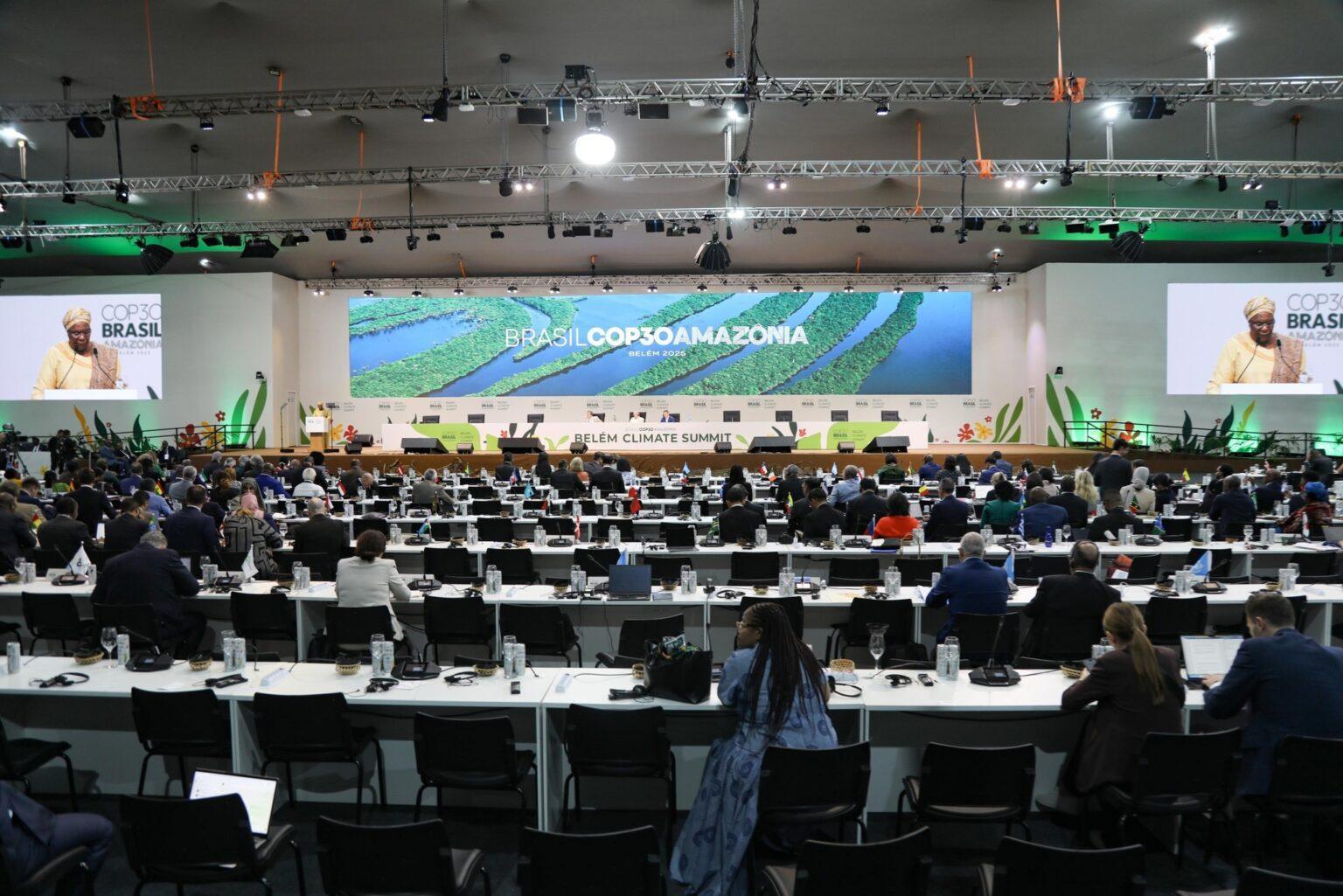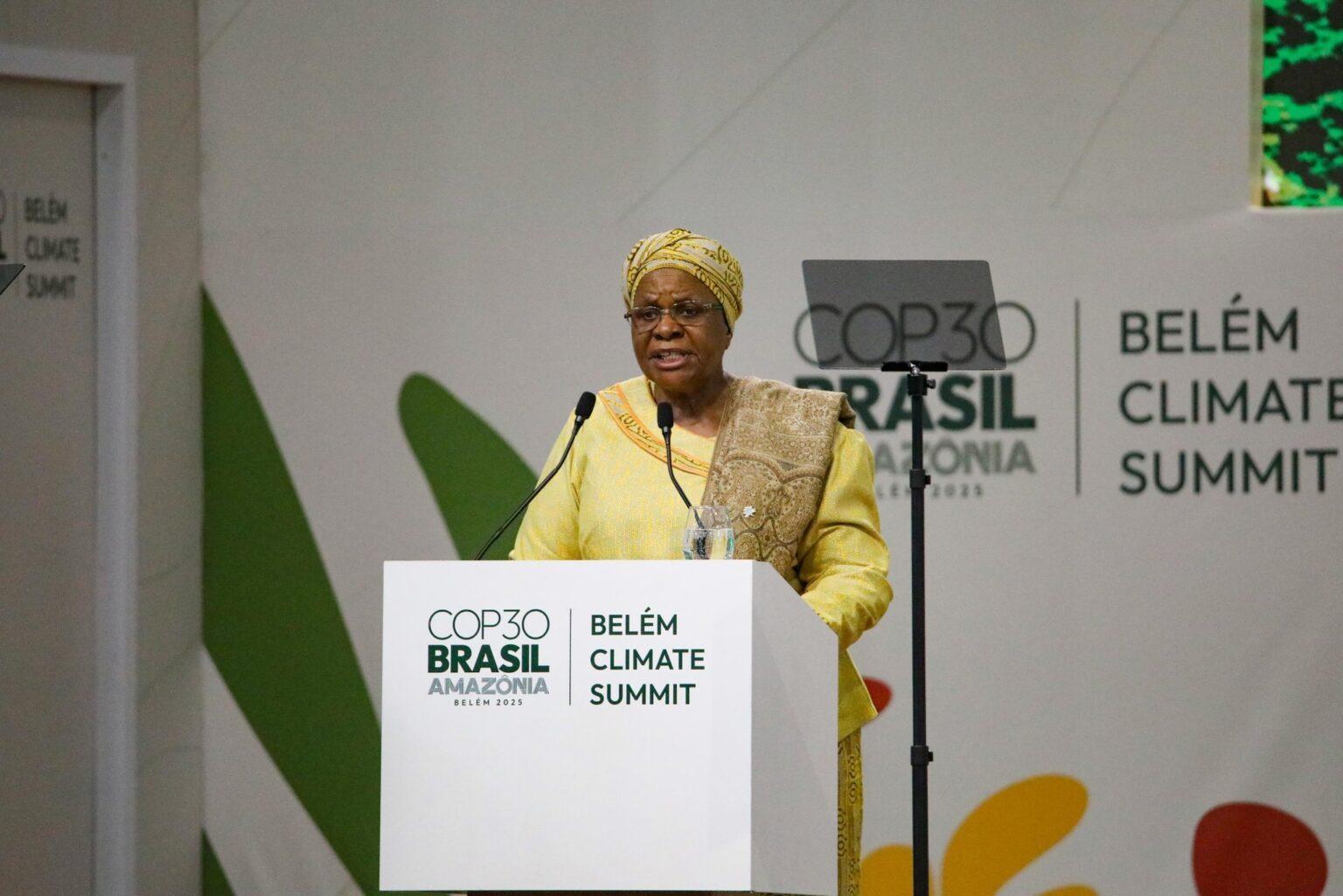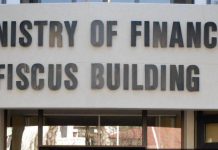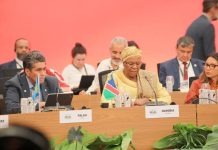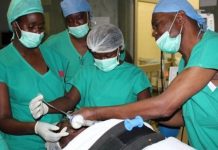Africa-Press – Namibia. PRESIDENT Dr. Netumbo Nandi-Ndaitwah used her maiden address at COP30 in Belém, Brazil, to remind world leaders that nations contributing the least to climate change continue to bear its harshest impacts.
She pointed to Namibia’s own experience, where increasingly frequent droughts and floods are threatening agriculture, food security and livelihoods. Despite limited resources, she said, Namibia is pushing ahead with concrete action, citing the national Green Hydrogen Strategy and the Oshivela Green Iron Plant as examples of Africa’s capacity for sustainable innovation.
President Nandi-Ndaitwah stressed that climate adaptation must remain central to the global agenda, highlighting the need to protect water systems, strengthen health services, build resilient infrastructure and enhance food security for vulnerable communities.
She also issued a firm call for fair and accessible climate finance. Developing nations, she added, continue to shoulder the greatest burden of a crisis they did not cause, while facing high borrowing costs and slow access to funding. She urged wealthy nations, development banks and investors to reform global financial structures to ensure predictable, equitable and affordable financing.
“The world will not judge us by how many climate conferences we host, but by the real actions we take to save our planet,” she said, adding that climate justice must be paired with financial justice.
Later, addressing the Energy Transition Thematic Session, President Nandi-Ndaitwah called for a fair, inclusive and balanced approach to global climate action. She warned that without a just transition, “we would be planning for maladaptation, failure and the destruction of livelihoods.”
She underscored the need to address social, economic and cultural inequalities between nations, and said developing countries must be equipped with the tools to industrialise and lift vulnerable communities, particularly women and children, out of poverty.
Highlighting Africa’s abundance of critical minerals essential for green technologies, the President said that the continent still gains little from its own resources. She reaffirmed Namibia’s commitment to value addition through local mineral processing and an energy-mix policy aimed at supporting inclusive growth and sustainable development.
For More News And Analysis About Namibia Follow Africa-Press

